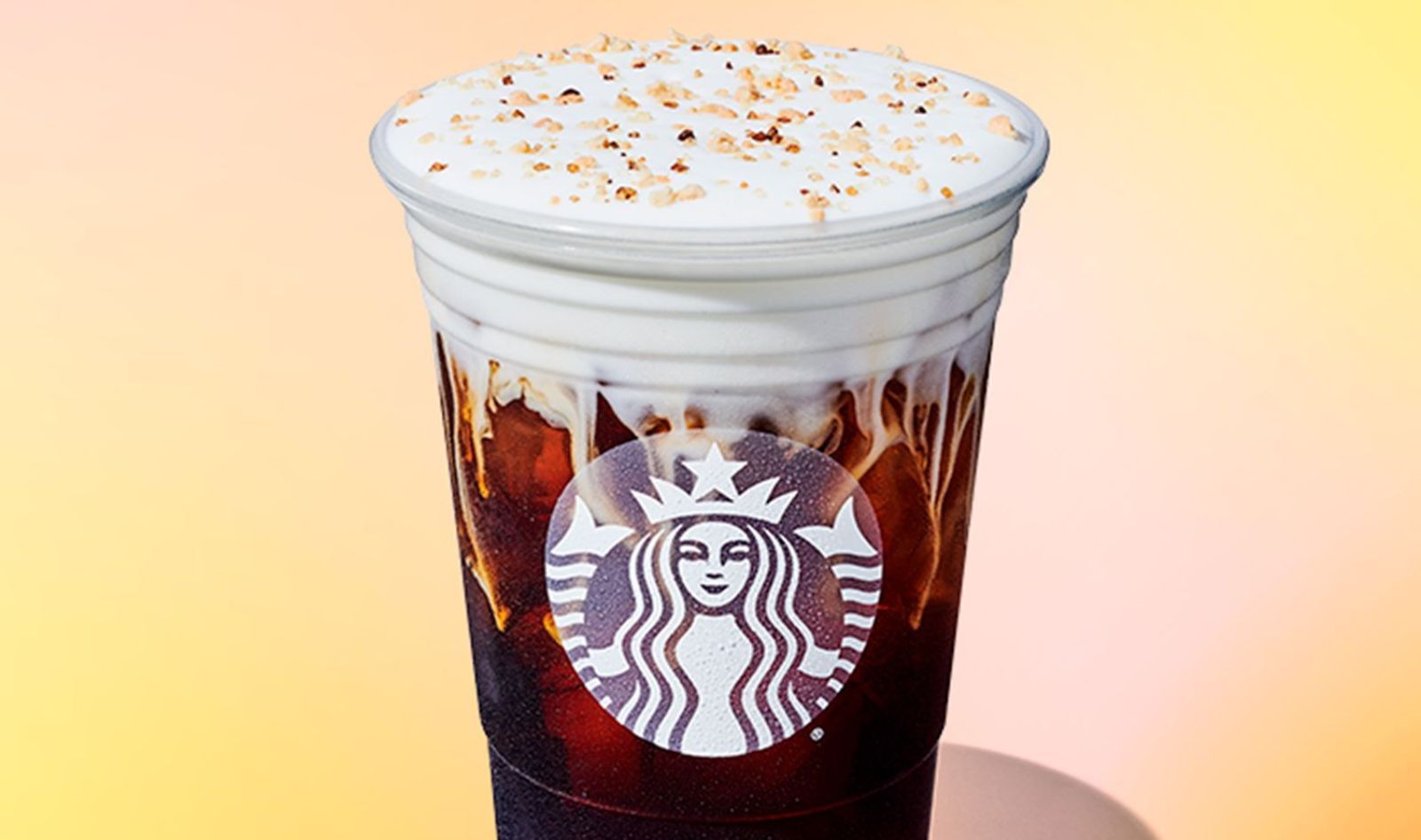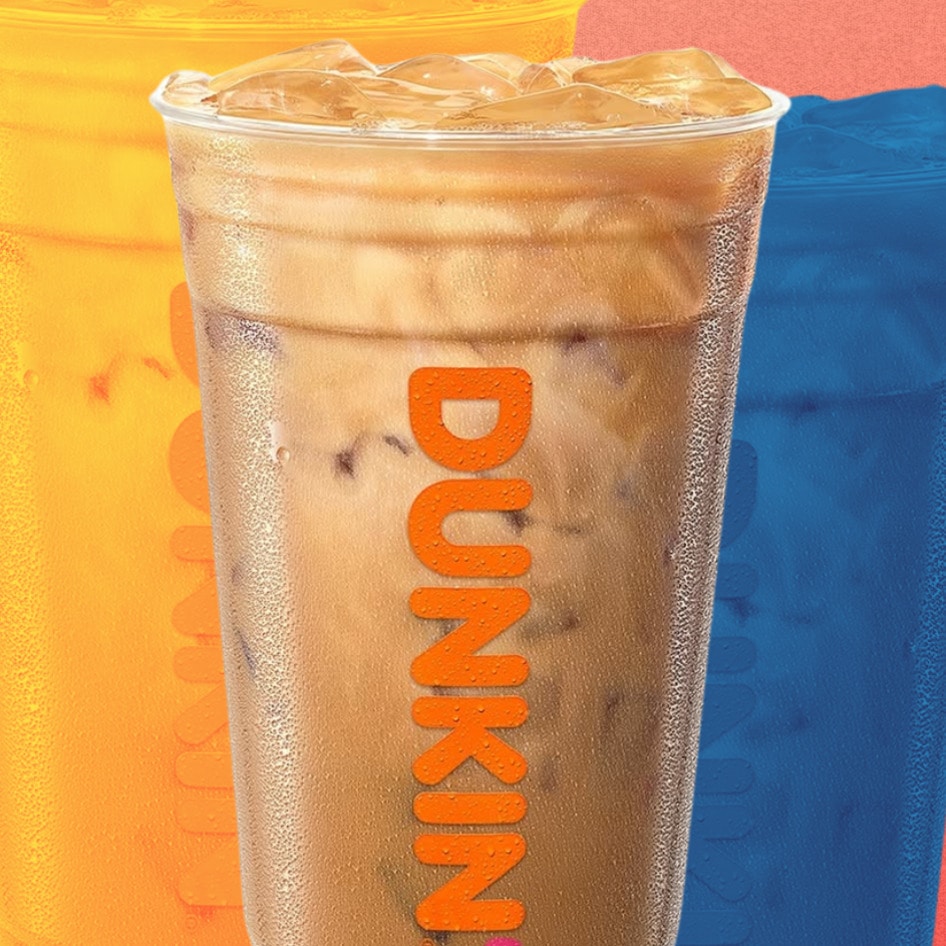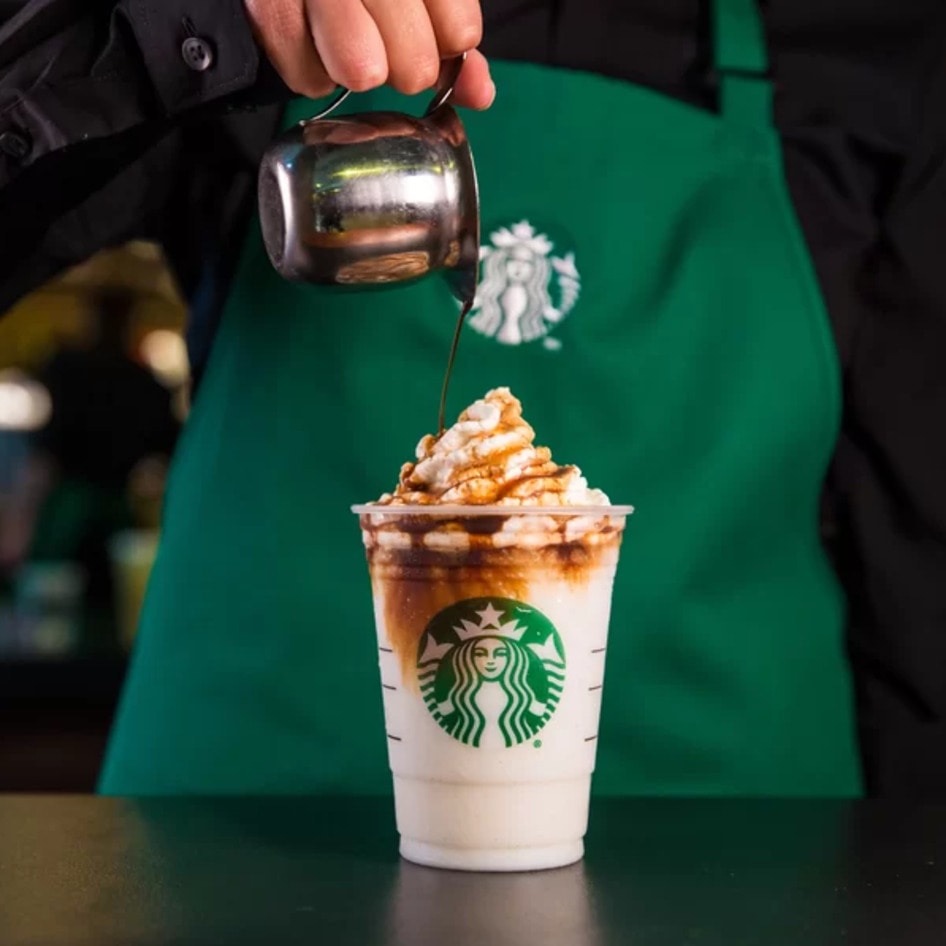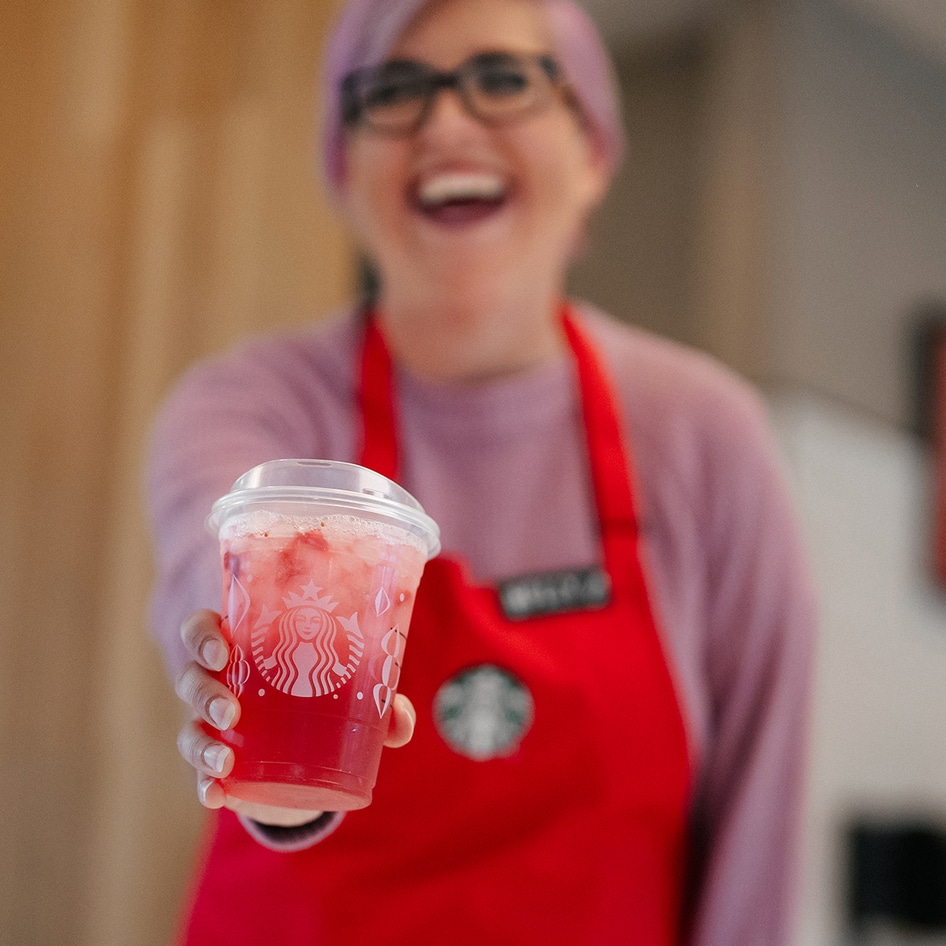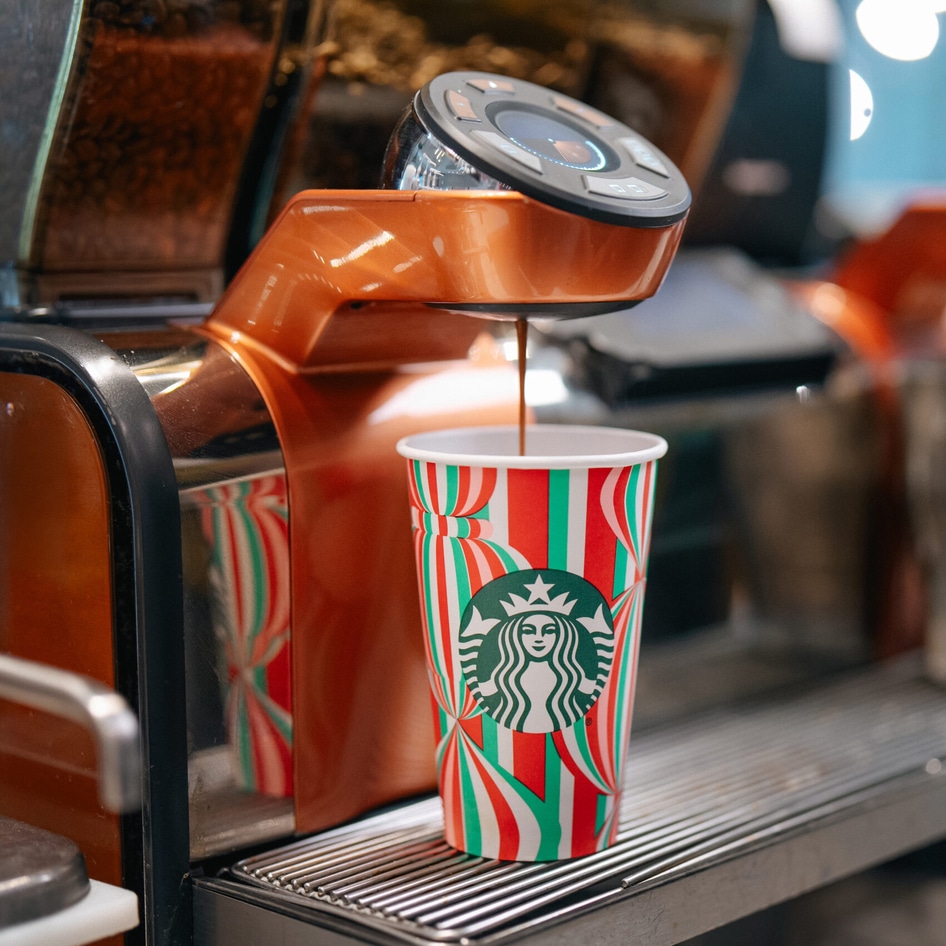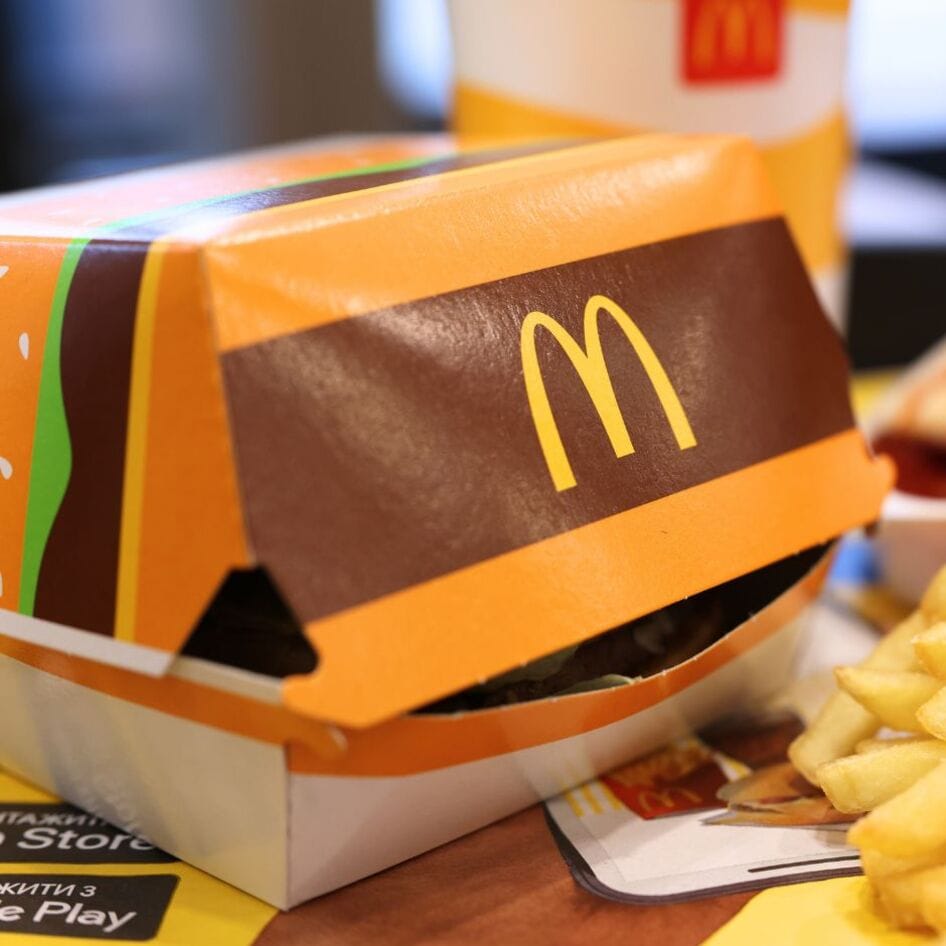Ordering a cup of coffee may seem like a simple pleasure, but for millions of Americans who opt for non-dairy milk, that morning ritual comes with an additional cost. At many coffee shops across the country, customers are charged up to $1.50 extra for plant-based milk alternatives. This surcharge has sparked criticism for being outdated, unfair, and exclusionary, particularly as the rise in plant-based diets and health issues like lactose intolerance become increasingly prominent.
According to the new State of the Surcharge Report released by advocacy group No Milk Tax, non-dairy milk surcharges impact more than 50 million lactose-intolerant Americans.
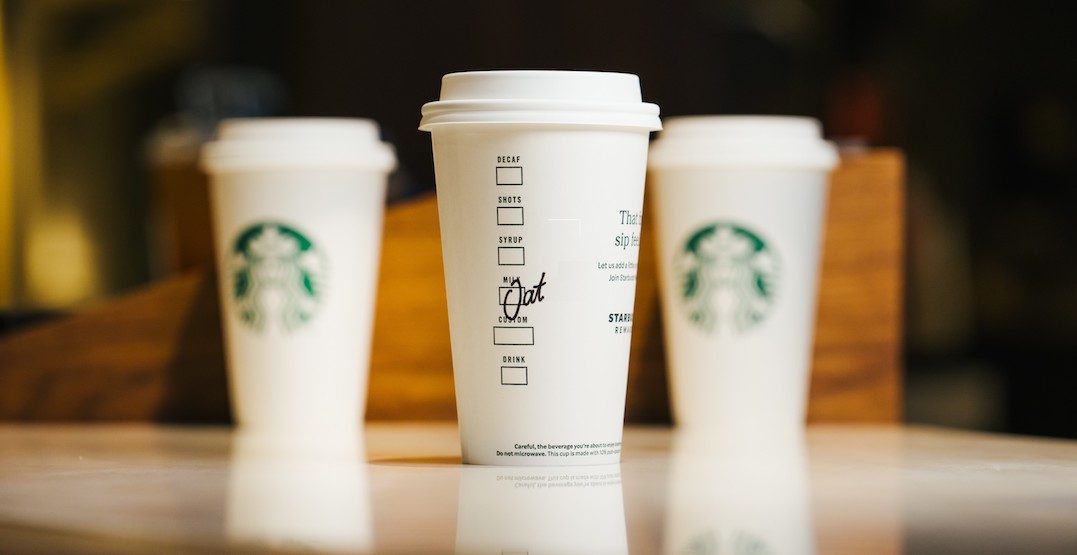 Starbucks
Starbucks
These individuals are often faced with two choices: pay the surcharge for plant-based milk or consume dairy milk, risking severe health consequences including bloating, nausea, diarrhea, and abdominal pain. Chains that still charge for dairy-free milk include Dunkin’, The Coffee Bean & Tea Leaf, Caribou, Alfred, and Verve Coffee.
While dairy milk has long been the default choice, shifting consumer habits are driving demand for alternatives. Sales of plant-based milk, such as almond, oat, and soy milk, grew to $2.7 billion in 2022, a 19-percent increase since 2018, according to the Good Food Institute. This rising preference for non-dairy options is fueled by concerns over health, sustainability, and ethical treatment of animals, yet coffee chains continue to penalize consumers for making the switch.
Health and dietary needs drive demand for plant-based milk
The surcharge debate is not merely a matter of preference; for many, it is a health necessity. The report highlights that one in 20 Americans are allergic to dairy, with reactions ranging from skin rashes and vomiting to life-threatening anaphylaxis.
Beyond allergies, lactose intolerance disproportionately affects people of color. An estimated 80 percent of Black Americans, 90 percent of Asian Americans, and 50 percent of Latino Americans are lactose intolerant, compared to around 15 percent of white Americans. For these communities, the non-dairy surcharge raises questions of equity.
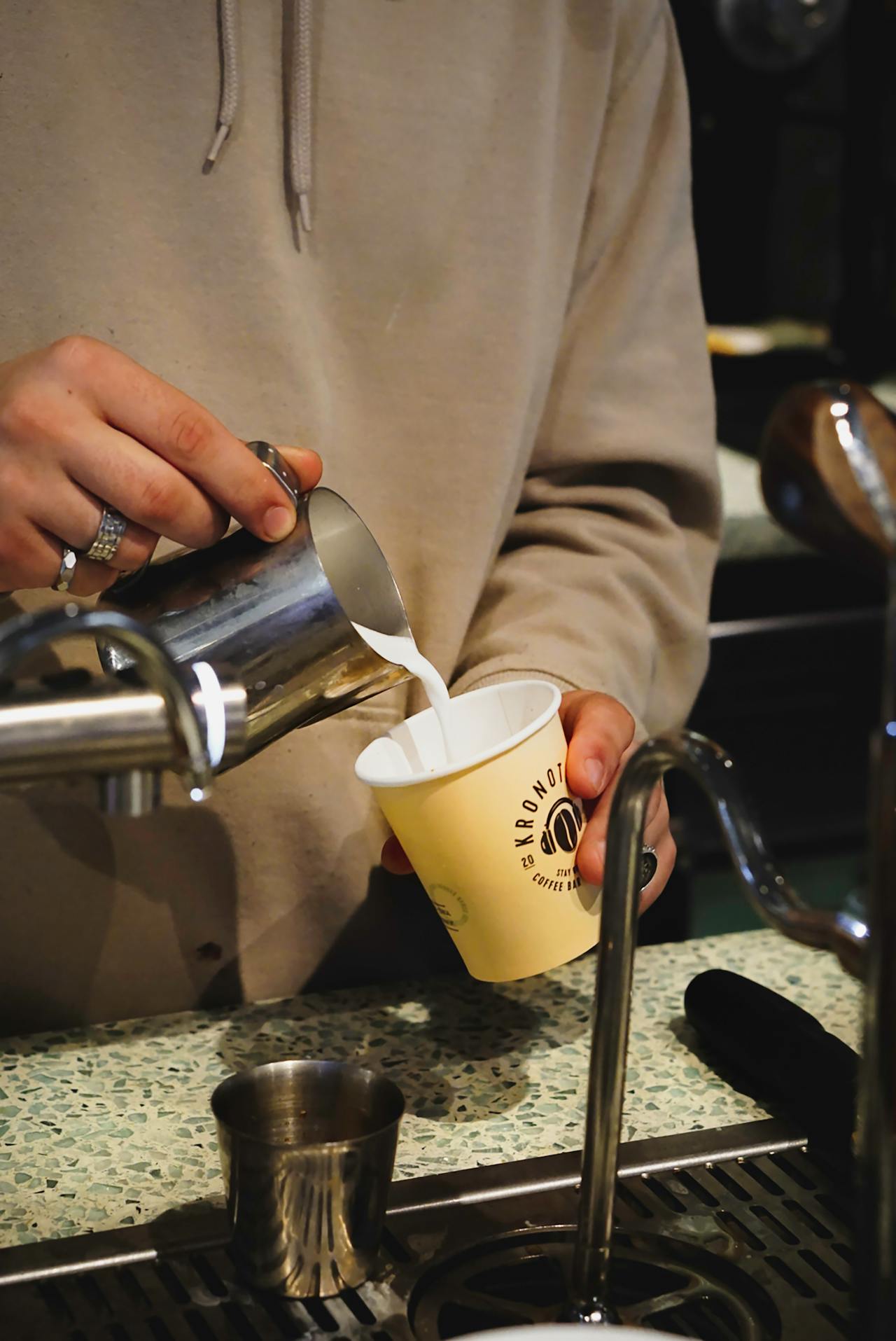 Pexels
Pexels
“Non-dairy milk surcharges are also an equity issue because they disproportionately harm those who can’t properly digest dairy,” the report explains.
Plant-based milk also offers potential health benefits that dairy milk does not. Research links high dairy consumption to an increased risk of cardiovascular disease, stroke, and certain cancers, including breast and prostate cancer. Meanwhile, many non-dairy options, like oat and almond milk, provide essential nutrients without the associated health risks.
The environmental toll of dairy production
Environmental concerns are another factor propelling the call to eliminate the surcharge. Producing dairy milk generates significantly higher environmental costs compared to plant-based alternatives. The report cites that dairy production requires eight times more greenhouse gas emissions, ten times more land use, and 20 times more water use than non-dairy milk production.
For example, producing one gallon of dairy milk consumes approximately 144 gallons of water, a concern for farmers in the face of increasing droughts and water scarcity. Dairy farms are also responsible for air, soil, and water pollution, contributing to environmental degradation and climate change.

Caryn Nelson of Guilder Coffee explains why her company is considering new initiatives. She says it’s important for Guilder to explore a default-to-dairy-free initiative because “we know that industrialized animal agriculture is one of the leading contributors to greenhouse gas emissions.”
Coffee chains that continue to impose surcharges are increasingly viewed as out of step with sustainability goals.
Chains leading the way: dropping the surcharge
The tide, however, is beginning to turn. A growing number of coffee chains have recognized the need to eliminate the non-dairy surcharge. According to the report, 55 percent of locations operated by 41 major US coffee brands no longer impose the fee.
Starbucks, one of the largest coffee chains in the world, dropped its surcharge for plant-based milk earlier this year. Brian Niccol, Starbucks CEO, shared the company’s rationale.
“Core to the Starbucks experience is the ability to customize your beverage to make it yours. By removing the extra charge for non-dairy milks, we’re embracing all the ways our customers enjoy their Starbucks,” Niccol said.
Other leading chains following suit include Panera, Pret A Manger, and Philz Coffee. Jorrie Bruffett of Pret A Manger described the move as “the right thing to do,” while the New York chain Birch Coffee expressed a similar sentiment: “As we see how the environment is continually impacted, it’s incumbent upon us to do our part to help impact it as minimally as we can.”
Chains still charging customers for non-dairy options
Despite this growing momentum, many coffee chains have yet to eliminate the surcharge. The report names prominent chains, including Dunkin’, Caribou Coffee, and Peet’s, that still charge anywhere from $0.50 to $1.50 for non-dairy alternatives. At Bluestone Lane, for example, customers pay a premium of up to $1.50, one of the highest fees reported.
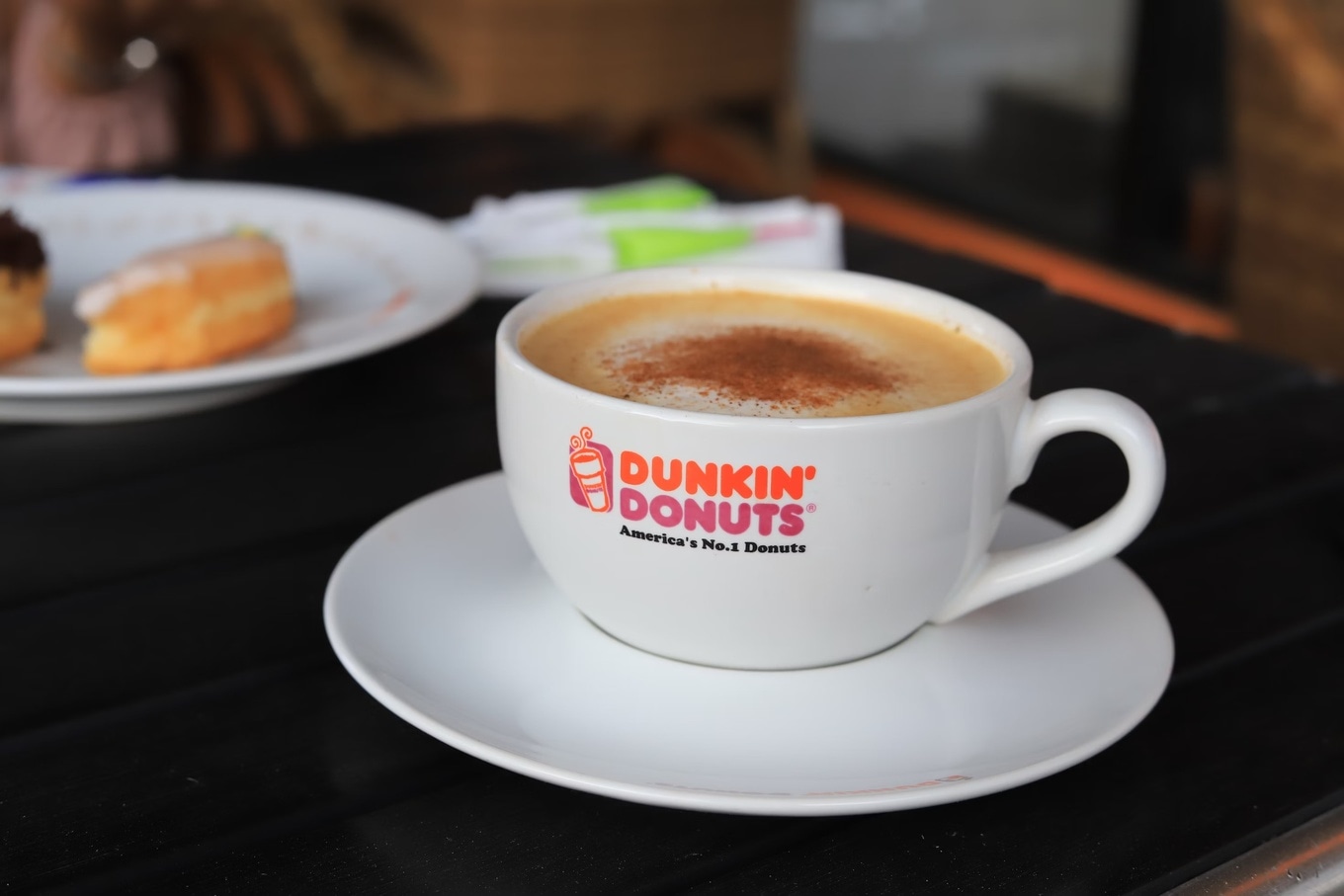 Dunkin’ Donuts
Dunkin’ Donuts
BECOME A VEGNEWS VIP: Get exclusive product deals, freebies, and perks galore!
While chains defend the surcharge by citing the higher cost of plant-based milk compared to dairy, critics argue that the additional cost is offset by the growing popularity of non-dairy options. Coffee shops that have eliminated the surcharge demonstrate that it is possible to absorb the cost without sacrificing profitability.
The future of the non-dairy milk surcharge
As consumer demand for non-dairy options rises, pressure is mounting on coffee chains to eliminate surcharges altogether. Whether for health, environmental, or ethical reasons, plant-based milk is no longer a niche choice but a mainstream preference.
 Philz Coffee
Philz Coffee
For coffee drinkers, the end of the non-dairy surcharge would mean more equitable access to options that align with their values and health needs. As more brands drop the fee, those that maintain it risk losing customers to competitors who offer greater flexibility and fairness. The move to eliminate extra fees for milk alternatives reflects a growing trend among coffee brands.
Good Earth Coffeehouse says the move supports environmentally conscious choices and provides “greater inclusivity for dietary needs.” Sara Burnett of Panera agrees. She says plant-based alternatives can meet the growing demand for wholesome, delicious options “that are good for people and planet.”
For more plant-based stories like this, read:
JUMP TO ... Latest News | Recipes | Guides | Health | Subscribe

